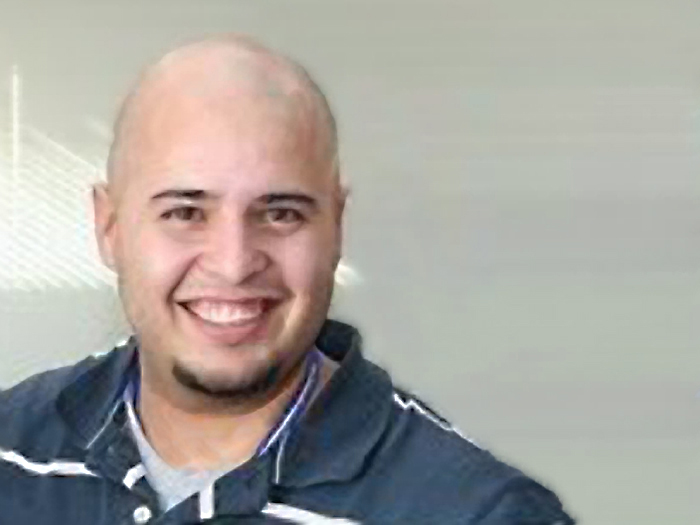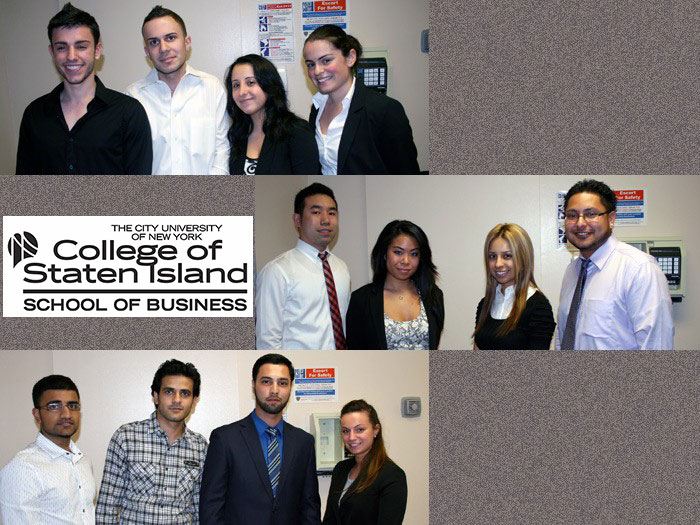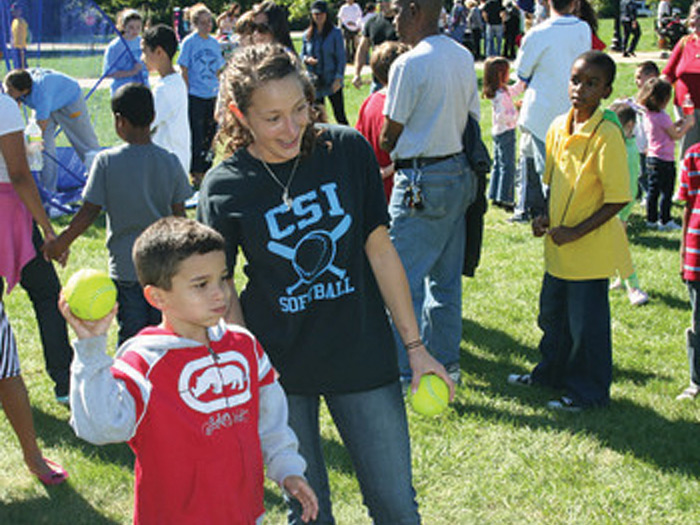The New York City Louis Stokes Alliance for Minority Participation in Science (NYC LSAMP) held its 12th Annual Urban University Conference at the College of Staten Island (CSI), a senior college of The City University of New York (CUNY). Participants from across the city joined CUNY Research Scholars on CSI’s campus on Friday and Saturday, May 1 and 2.
The event also featured a Graduate Education/Technology Expo with exhibitors from Academic, Industry, and Agency settings, as well as a Best Practices symposium.
This year’s theme was “Mentoring: From Students to Colleagues,” and the keynote speaker was Dr. Marcia Cantarella of Cantarella Consulting, and former Dean at Hunter College and Princeton University.
On May 1, CUNY students from throughout NYC were transported to CSI for a day of high-level scientific presentations. These same students also provided mentoring and feedback to middle school and high school students from throughout Staten Island who presented their research at CSI on May 2. An extension of CSI’s Science and Technology Entry Program (STEP), this unique collaborative experience was designed to further engage the intellectual capital of CSI and CUNY with the Island community.
CSI Biochemistry student Jose Saltos, who is presenting a poster on eco-friendly plasticizers at the conference, says that he feels that it is important to attend the conference for three reasons “Number 1, we need to practice our public speaking and how to present our work. It’s one thing to know what you know but then be able to explain it to somebody from a different area, that’s another thing. Number 2 is networking. We get to meet other students from other colleges. Number 3 is the school fair. I’m looking to see which schools to go to to get my PhD, so it’s good to see the schools over here and talk to the representatives to answer the questions that I have.”
Saadya Averick a Biochemistry/Chemistry major at CSI, presenting a poster on antibody polymer hybrids, added that the conference is important “for students to network, but also to get a better idea of what you want to talk about in presenting your research. You actually learn a lot about what you’re doing by thinking about how to write it up and presenting what’s important about it. That’s an opportunity that is going to be very important throughout writing papers and applying for grants and throughout graduate school because these conferences keep coming up and the more conferences you do, the more you learn how to present your research and and look more professional about it.”
Dr. Probal Banerjee, Professor of Chemistry at CSI and a mentor to some of the students at the conference, commented that “the stongpoint of this conference is that this is a venue where the undergraduate and the graduate students can interact with one another over their projects. Normally, when you have an undergraduate conference, it’s only undergraduates [who are there], and if you have the science conferences, where the graduate students and the post-doctoral students go, they interact with one another, but it’s only in very rare situations where the undergraduates come in close contact with the graduate students and the post-docs.”
“There are many benefits to this exciting program,” said Dr. Gail Simmons, Dean of Science and Technology at CSI, “and it demonstrates our deep commitment to minority science education and research training, from the undergraduate to PhD level. Our program was particularly valuable to the middle and high school students who attended. Even in the best high school classrooms, there is not a sense of the process and people working in the sciences. The textbooks do not often feature scientists who are female or of color, making it difficult for the full spectrum of students to picture themselves in that role. The richness of research CUNY-wide is an excellent tool to engage young researchers in the scientific enterprise, and diversifying the field is vital to the future health of academic and scientific pursuits.”
The NYC LSAMP is a CUNY-wide National Science Foundation (NSF) effort designed to substantially increase the number of underrepresented minority students (African American, Hispanics, Native Americans, and Native Pacific Islanders) who pursue and graduate with Baccalaureate degrees in Science, Technology, Engineering, and Mathematics (STEM).
Since the inception of NYC LSAMP in November 1992, more than 10,000 baccalaureate degrees have been awarded to underrepresented minority students in CUNY.



![[video] Sean Thatcher named 2015 Goldwater Scholar](https://csitoday.com/wp-content/uploads/2015/05/Sean-Thatcher.jpg)













